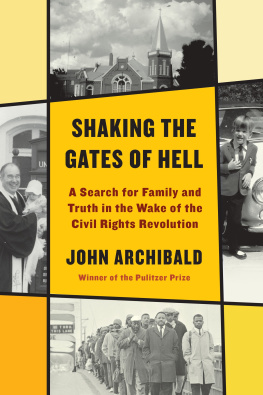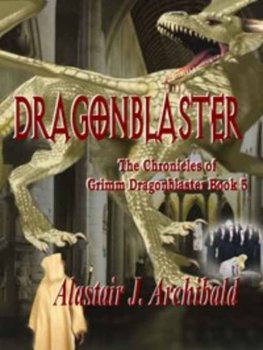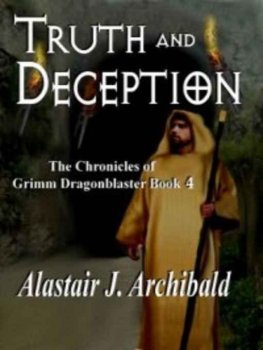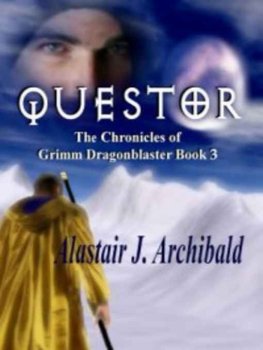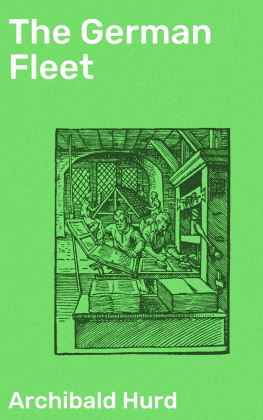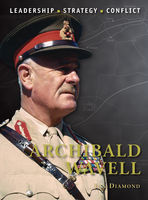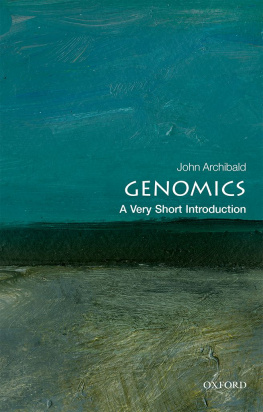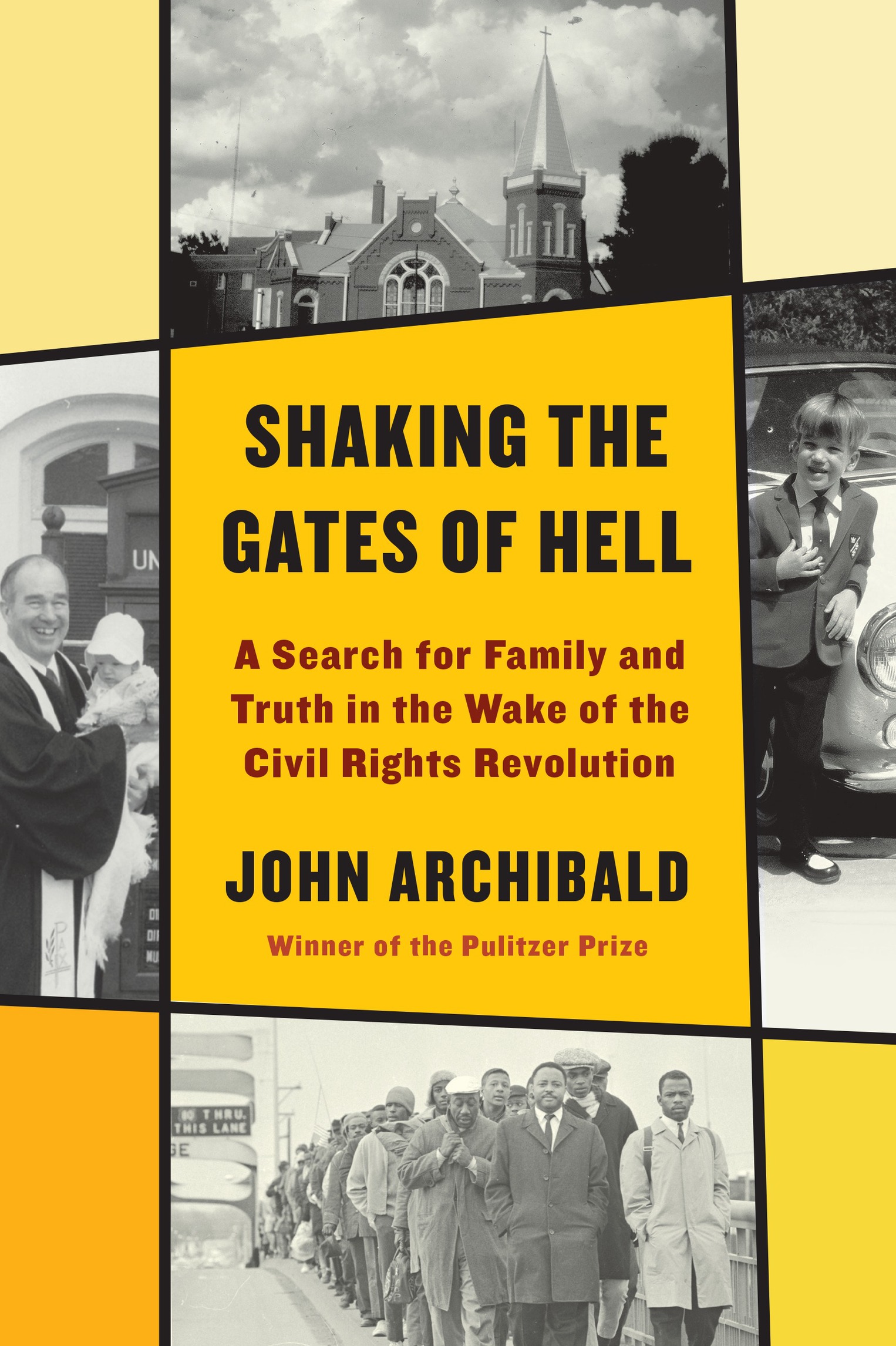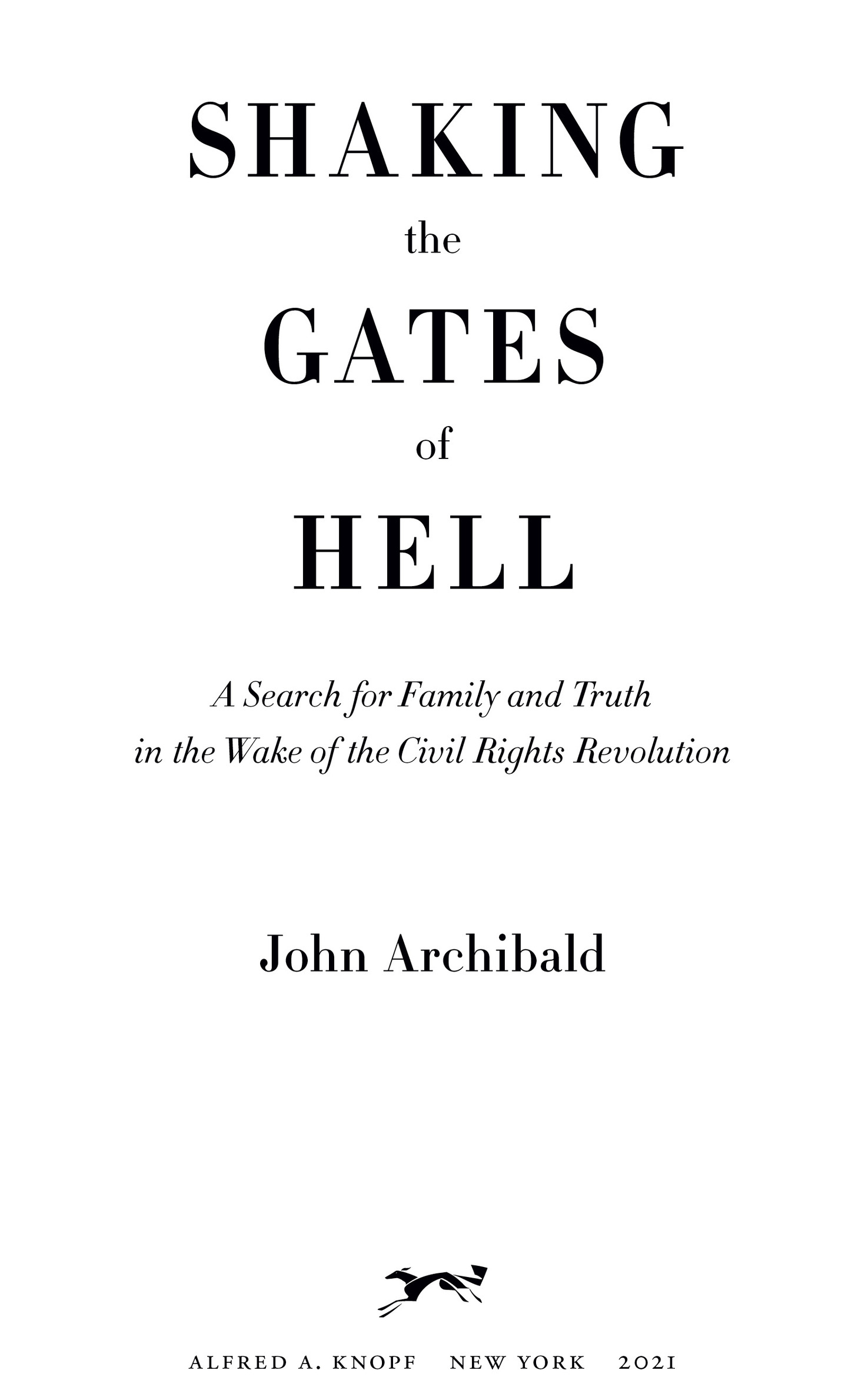John Archibald - Shaking the Gates of Hell: A Search for Family and Truth in the Wake of the Civil Rights Revolution
Here you can read online John Archibald - Shaking the Gates of Hell: A Search for Family and Truth in the Wake of the Civil Rights Revolution full text of the book (entire story) in english for free. Download pdf and epub, get meaning, cover and reviews about this ebook. year: 2021, publisher: Knopf Doubleday Publishing Group, genre: Art. Description of the work, (preface) as well as reviews are available. Best literature library LitArk.com created for fans of good reading and offers a wide selection of genres:
Romance novel
Science fiction
Adventure
Detective
Science
History
Home and family
Prose
Art
Politics
Computer
Non-fiction
Religion
Business
Children
Humor
Choose a favorite category and find really read worthwhile books. Enjoy immersion in the world of imagination, feel the emotions of the characters or learn something new for yourself, make an fascinating discovery.
- Book:Shaking the Gates of Hell: A Search for Family and Truth in the Wake of the Civil Rights Revolution
- Author:
- Publisher:Knopf Doubleday Publishing Group
- Genre:
- Year:2021
- Rating:5 / 5
- Favourites:Add to favourites
- Your mark:
Shaking the Gates of Hell: A Search for Family and Truth in the Wake of the Civil Rights Revolution: summary, description and annotation
We offer to read an annotation, description, summary or preface (depends on what the author of the book "Shaking the Gates of Hell: A Search for Family and Truth in the Wake of the Civil Rights Revolution" wrote himself). If you haven't found the necessary information about the book — write in the comments, we will try to find it.
My dad was a Methodist preacher and his dad was a Methodist preacher, writes John Archibald. It goes all the way back on both sides of my family. When I am at my best, I think it comes from that sermon place.
Everything Archibald knows and believes about life is refracted through the stained glass of the Southern church. It had everything to do with people. And fairness. And compassion.
In Shaking the Gates of Hell, Archibald asks: Can a good person remain silent in the face of discrimination and horror, and still be a good person?
Archibald had seen his father, the Rev. Robert L. Archibald, Jr., the son and grandson of Methodist preachers, as a moral authority, a moderate and a moderating force during the racial turbulence of the 60s, a loving and dependable parent, a forgiving and attentive minister, a man many Alabamians came to see as a saint. But was that enough? Even though Archibald grew up in Alabama in the heart of the civil rights movement, he could recall few words about racial rights or wrongs from his fathers pulpit at a time the South seethed, and this began to haunt him.
In this moving and powerful book, Archibald writes of his complex search, and of the conspiracy of silence his father faced in the South, in the Methodist Church and in the greater Christian church. Those who spoke too loudly were punished, or banished, or worse. Archibalds father was warned to guard his words on issues of race to protect his family, and he did. He spoke to his flock in the safety of parable, and trusted in the goodness of others, even when they earned none of it, rising through the ranks of the Methodist Church, and teaching his family lessons in kindness and humanity, and devotion to nature and the Earth.
Archibald writes of this difficult, at times uncomfortable, reckoning with his past in this unadorned, affecting book of growth and evolution.
John Archibald: author's other books
Who wrote Shaking the Gates of Hell: A Search for Family and Truth in the Wake of the Civil Rights Revolution? Find out the surname, the name of the author of the book and a list of all author's works by series.

